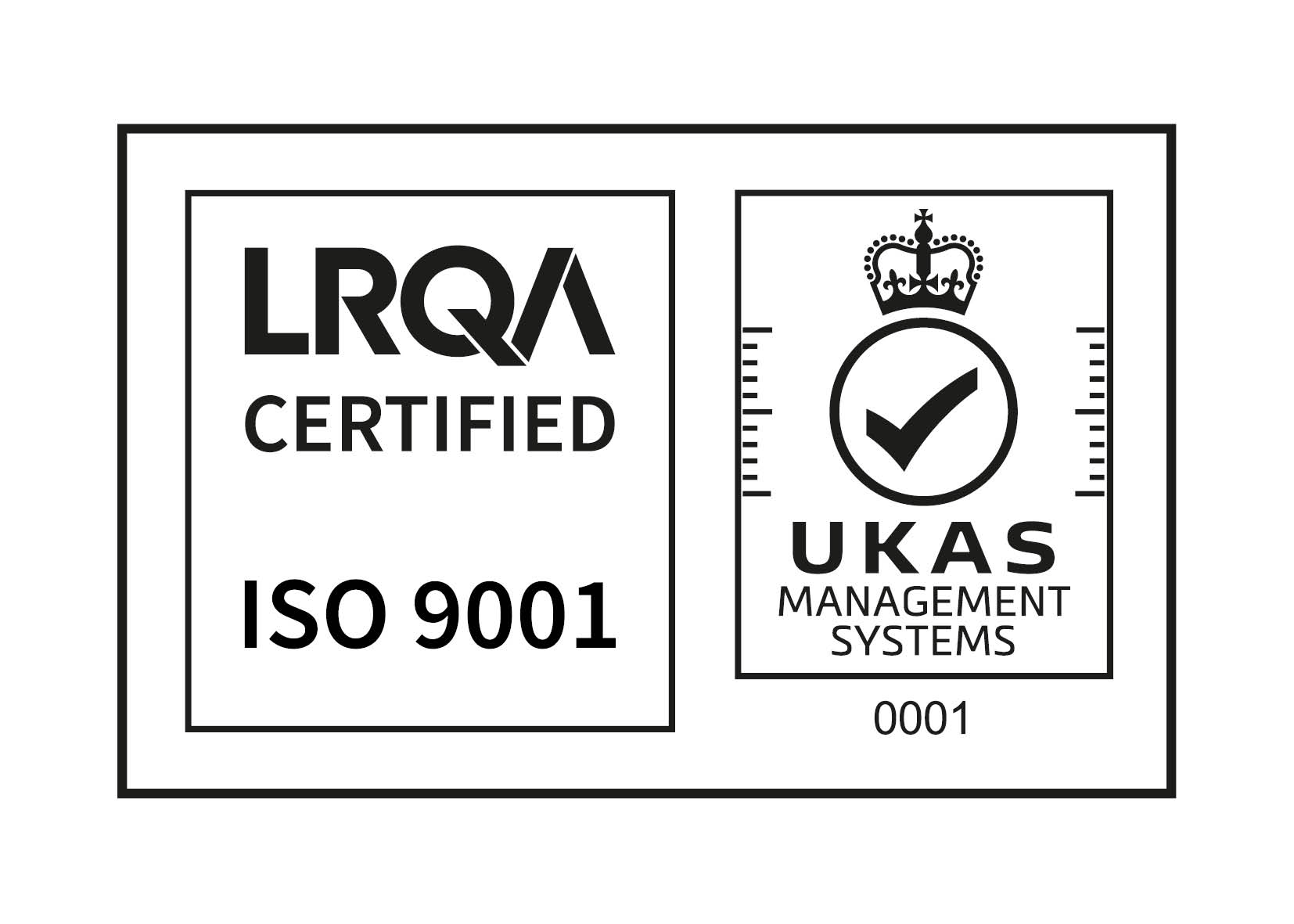Certificates
About UKAS
Accreditation by UKAS demonstrates the competence, impartiality and performance capability of these evaluators. UKAS is a non-profit-distributing private company, limited by guarantee. UKAS is independent of Government but is appointed as the national accreditation body by Accreditation Regulations 2009 (SI No 3155/2009) and the EU Regulation (EC) 765/2008 and operates under a Memorandum of Understanding with the Government through the Secretary of State for Business, Innovation and Skills.
UKAS is licensed by BIS to use and confer the national accreditation symbols (formerly national accreditation marks) which symbolise Government recognition of the accreditation process.
UKAS accreditation provides an assurance of the competence, impartiality and integrity of conformity assessment bodies. UKAS accredited certification, testing and calibration and inspection reduces the need for suppliers to be assessed by each of their customers. UKAS’ involvement in international groups provides for mutual recognition which further reduces the need for multiple assessments of suppliers and as a consequence helps to reduce barriers to trade. It is therefore BIS policy to recommend the use of UKAS accredited conformity assessment services whenever this is an option.
Learn more about UKAS, click here.

About LRQA UK
Lloyd’s Register Quality Assurance (LRQA) is the world’s leading provider of independent assessment services including certification, validation, verification and training across a broad spectrum of standards and schemes, with recognition from over 50 accreditation bodies.
In an ever changing world, even the most dynamic organisations can find it hard to stay ahead. What gives your business the confidence to deliver what it promises to clients and stakeholders?
At LRQA, we are aware of the challenges you face and we have developed a new approach to assessing management systems that are crucial to meeting objectives, improving competitiveness, controlling risks and helping you deliver on your promises. We call it LRQA Business Assurance. This approach helps you manage your systems and risks to improve and protect the current and future performance of your organisation. Further, our risk based approach allows us to tailor the assessment according to the maturity of the clients systems.
LRQA is part of Lloyd’s Register Group Limited. Lloyd’s Register is a global organisation with a mission to protect life and property and advance transportation and engineering education and research
Where We Do It
LRQA is a global organisation, working in over 120 countries, and able to provide co-ordinated services worldwide for multinational clients. We focus on local needs, meeting the specific requirements of all our clients, large and small, wherever they operate.
Independent and Impartial
The markets served by LRQA value our services for their integrity. Critical to this is the need to recognise any potential conflicts of interest in the services provided and to take action to ensure these do not adversely impact on the impartiality, independence and objectivity of our actions.
As part of its on-going commitment to impartiality, the top management of LRQA has requested its independent advisory board, the LRQA General Technical Committee, to undertake the role of impartiality committee. LRQA routinely identifies and analyses the possibilities for conflict of interest arising from its relationships and the delivery of its assessment, verification and certification services. Where threats of impartiality are identified the provisions to eliminate or minimize such threats are documented along with data demonstrating their on-going effectiveness. These are made available to the LRQA GTC for consideration as part of their periodic review of the impartiality of the audit, certification and decision making processes of LRQA.
For more information on LRQA, click here.

What is REACH?
REACH (EC 1907/2006) aims to improve the protection of human health and the environment through the better and earlier identification of the intrinsic properties of chemical substances. This is done by the four processes of REACH, namely the registration, evaluation, authorisation and restriction of chemicals. REACH also aims to enhance innovation and competitiveness of the EU chemicals industry.
“No data no market”: the REACH Regulation places responsibility on industry to manage the risks from chemicals and to provide safety information on the substances. Manufacturers and importers are required to gather information on the properties of their chemical substances, which will allow their safe handling, and to register the information in a central database in the European Chemicals Agency (ECHA) in Helsinki. The Agency is the central point in the REACH system: it manages the databases necessary to operate the system, co-ordinates the in-depth evaluation of suspicious chemicals and is building up a public database in which consumers and professionals can find hazard information.
The Regulation also calls for the progressive substitution of the most dangerous chemicals (referred to as “substances of very high concern”) when suitable alternatives have been identified.
One of the main reasons for developing and adopting the REACH Regulation was that a large number of substances have been manufactured and placed on the market in Europe for many years, sometimes in very high amounts, and yet there is insufficient information on the hazards that they pose to human health and the environment. There is a need to fill these information gaps to ensure that industry is able to assess hazards and risks of the substances, and to identify and implement the risk management measures to protect humans and the environment.
More information, click here.


